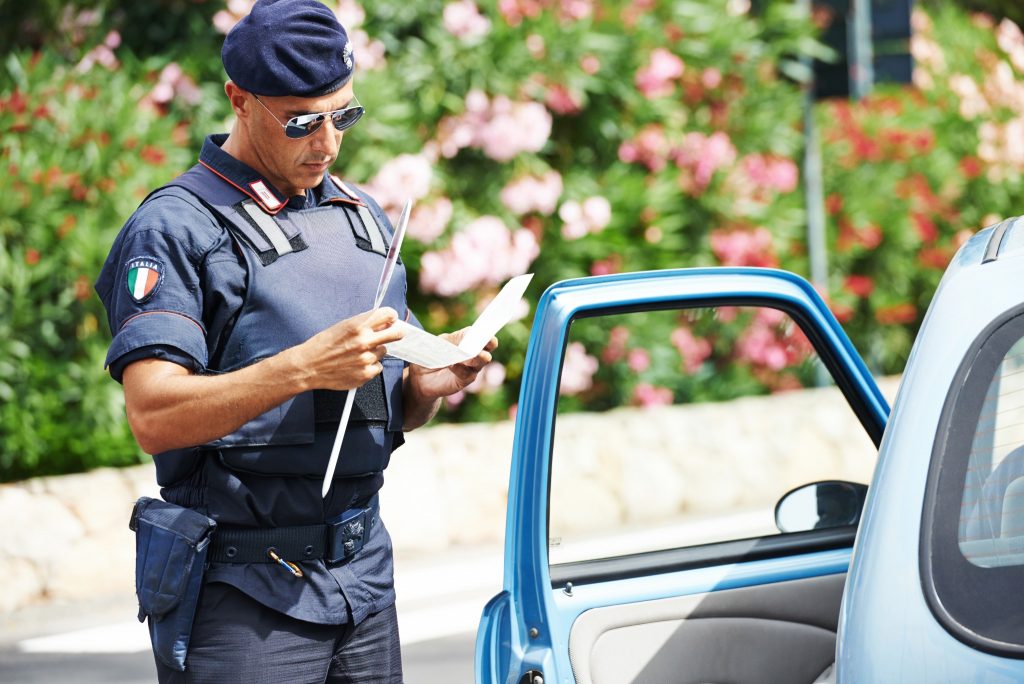
When in Rome, do as Romans do, as long as you’re following the laws. While it bears some similarities to the US legal system, the Italian court system has differences that may surprise you.
We hope your time under the Tuscan sun brings you nothing but joy. But it’s wise to educate yourself about the customs and laws of the places you travel. If you experience a traffic accident, theft, or another occurrence, you won’t have to panic, wondering what happens next.
And if you’re moving to Italy, it’s crucial to know the laws that govern you as a citizen or resident. Get Italian Citizenship has all the resources you need to apply for dual Italian citizenship. We are experts in the application process and can guide you through all the steps and around the pitfalls. Reach out today to get started.
Differences Between the US and Italian Court Systems
The Italian court system has similarities to the US process, but there are several key differences.
For starters, the US allows defendants a jury of their peers. In Italy, criminal defendants don’t have this option. Instead, the accused always has a trial by a professional judge or possibly a panel of judges.

For crimes that carry a penalty of 24 or more years imprisonment, six lay judges participate in the process. These members of the Corte d’Assise will determine guilt or innocence. Unlike for jurors in the US, there is no sequestering for the judges.
Lay judges must be between ages 30-65 and cannot be members of the military, police officers, or religious leaders.
The US requires a unanimous jury decision to convict a person of murder. In Italy, a simple majority by the Corte d’Assise is all that’s needed.
In US courts, witnesses must take an oath to tell the truth, usually with a hand on the Bible, before giving testimony. It’s a staple in many courtroom dramas because the oath is a standard part of our process. Italy does not have any requirements like this.
This fact leads to an interesting part of the Italian judicial process. If a defendant lies in Italy, they are not committing perjury. Since there is no oath, there is no perjury.
An American defendant may only appeal a decision based on a misapplication of the law or lack of due process. But in Italy, a convicted person always has the right to a review of the facts and a new trial.
What Happens If You Get Arrested In Italy?

If you find yourself under arrest and don’t have a lawyer, the Italian court system will give you the name of your court-appointed defense attorney. You will not get the chance to meet with this person before going in front of the judge, though.
The system can hold you up to four days before a hearing begins, and you do not have to answer any questions. However, you must provide your name, birthdate, birthplace, and whether you’ve ever been arrested in Italy.
If you are not an Italian citizen, you have the right to contact your home country’s embassy. The embassy may:
- Provide the names of local attorneys who speak your native language.
- Explain the court process.
- Contact your family and friends. They need your written permission for this step.
- Arrange for clergy visits at your request.
- Create a Trust where people can transfer funds for your use.
The US Embassy cannot:
- Provide legal advice or defend you.
- Translate for you.
- Get you out of jail.
- Pay your legal fees.
It is a requirement to have an attorney in the Italian court system. If you choose not to provide a lawyer for yourself, the court will appoint one to you. You do not have the right to represent yourself.
Different Processes for Different Crimes

The Italian court system has many layers depending on the level of crime committed. A Justice of the Peace handles petty offenses such as slander or harassment. These cases often result in fines or house arrest.
A Justice of the Peace also has jurisdiction in civil cases with claims under €2600. This setup functions much like small claims courts in other countries.
If you face an accusation of a more severe crime, your path through the court system may be much longer. After an initial hearing, the court will usually set you free unless they think you’re a flight risk or a danger. You may need to wear a tracking device and probably will have to relinquish your passport.
When facing very serious charges, such as murder, you may not be able to post bail. The Italian court system can hold you for up to three years without a trial. Yes, three years. Appealing your case can take an additional two years.
As in the US, defendants in the Italian court system have the right to:
- Hear the charges against them.
- Call witnesses in their defense.
- Cross-examine witnesses testifying against them.
If the judge finds the defendant guilty beyond a reasonable doubt, they must convict. The judge must also provide a written explanation of the decision. Furthermore, a defendant does not need to be in the courtroom to undergo a trial.
What If You’re The Victim Of A Crime In Italy?

Although Italy is quite a safe country, crimes certainly still occur. In particular, as is common in areas with high tourism rates, pickpocketing and scams are the most likely offenses.
If you find yourself the victim of a crime while in Italy, it is your responsibility to file a complaint with the police. The police and a public prosecutor will investigate your complaint and bring charges if they determine they’re justified.
However, the courts move very, very slowly in Italy. Many people prefer to accept a small loss rather than go through the legal process. The time and expense of pursuing minor civil matters just aren’t worth it to many people.
Fortunately, since Italy is such a safe spot to live and travel, it’s unlikely that you’ll have to face this situation at all.
Are You Ready to Claim Your Citizenship?
Dual Italian citizenship can open all sorts of doors. Italian citizens enjoy unrestricted travel throughout the European Union and have access to advanced education with minimal expense. And citizens who choose to live in Italy gain access to the national healthcare system.
If you’re ready to start the application process, Get Italian Citizenship can help. Our professional services will guide you through the citizenship process without stress. We are the go-to experts on dual citizenship with Italy because we went through it ourselves. We know exactly how to walk you through this journey.
Reach out today to learn more about our friendly, expert services.
